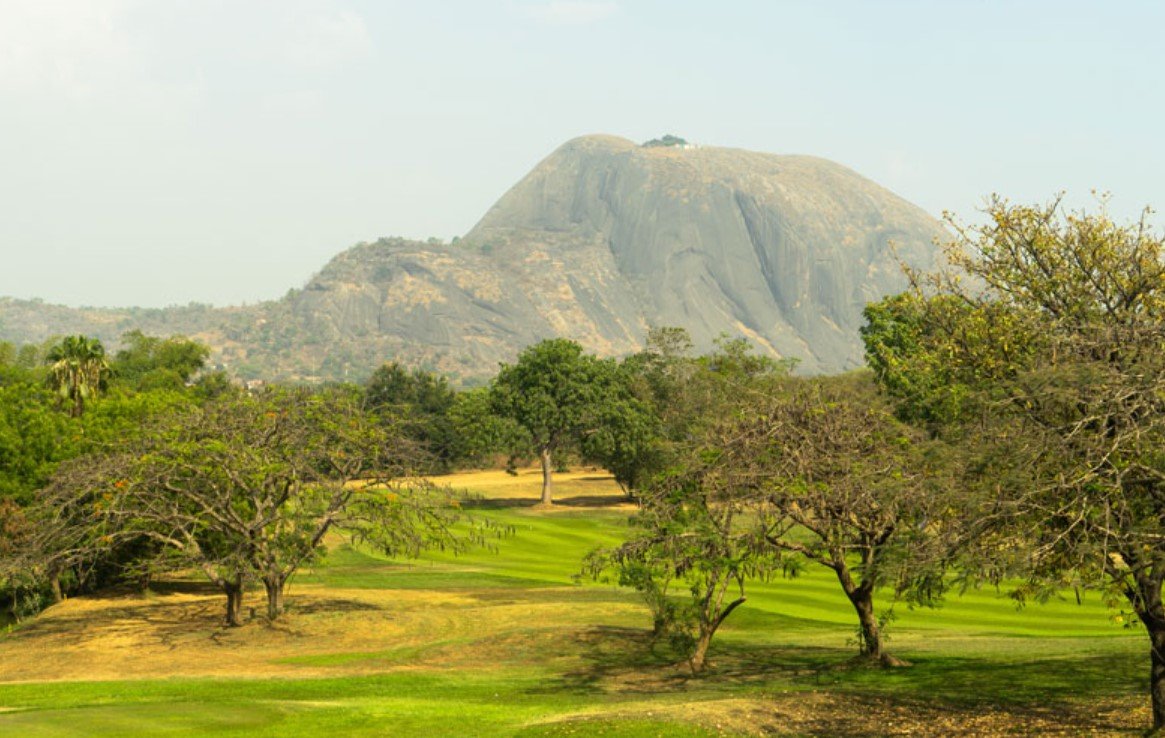The Chikhal Kalo Festival 2024, a vibrant celebration of Goa’s rich cultural heritage, concluded on July 18 with a series of activities that highlighted sustainable tourism practices. Held at the Shree Devki Krishna Temple ground in Marcel, the festival attracted a large number of participants, both locals and tourists, who engaged in traditional mud play and other cultural activities. The festival’s integration of cultural heritage with sustainable tourism practices aligns with the Department of Tourism’s efforts to promote regenerative tourism and showcase Goa beyond its beaches.
The Chikhal Kalo Festival is a unique event that celebrates Goa’s cultural heritage through traditional mud play and other activities. The festival commenced on July 16 with an array of performances, including traditional music and dance, which set the tone for the three-day celebration. The highlight of the first day was the Abhangwari concert featuring renowned singer Mahesh Kale, whose mesmerizing performance captivated the audience.

On the second day, attendees were treated to a variety of cultural performances, including folk dances and traditional music recitals. Interactive workshops allowed participants to immerse themselves in local customs and traditions, fostering a deeper appreciation for Goa’s cultural legacy. The festival also provided a platform for local self-help groups to promote their cuisine and products, further enriching the cultural experience.
The final day of the festival was marked by the traditional Chikhal Kalo celebrations, where generations came together to engage in joyous mud play. Spirited games like chendu fali and khushti, accompanied by the rhythmic beats of traditional Goan music, created a lively and festive atmosphere. This celebration of heritage and community spirit underscored the festival’s significance in preserving and promoting Goa’s cultural traditions.
Promoting Sustainable Tourism
One of the key objectives of the Chikhal Kalo Festival is to promote sustainable tourism practices. By integrating cultural heritage with sustainable tourism, the festival aims to attract visitors while ensuring minimal environmental impact. The Department of Tourism’s commitment to regenerative tourism is evident in the festival’s efforts to showcase Goa’s traditions and values beyond its popular beach destinations.
The festival’s focus on sustainability was reflected in various initiatives, such as the use of eco-friendly materials and the promotion of local products. These efforts not only support the local economy but also contribute to the preservation of the environment. By encouraging responsible tourism, the festival helps to protect Goa’s natural and cultural resources for future generations.
The Hon’ble Minister of Tourism, Rohan A. Khaunte, emphasized the importance of promoting cultural festivals as a means to foster spiritual connection and cultural preservation. He highlighted the festival’s role in teaching the importance of rain and highlighting the bond with Mother Nature. By promoting events like Chikhal Kalo, the Department of Tourism aims to advance the principles of regenerative tourism and showcase the diverse aspects of Goa’s heritage.
Community Engagement and Impact
The Chikhal Kalo Festival has a significant impact on the local community, fostering a sense of pride and unity. The festival’s emphasis on cultural heritage and sustainable tourism practices resonates with both locals and visitors, creating a shared experience that strengthens community bonds. The participation of local self-help groups in promoting their products and cuisine further enhances the festival’s community engagement.
The festival also serves as an educational platform, raising awareness about the importance of preserving cultural traditions and promoting sustainable tourism. Through interactive workshops and cultural performances, attendees gain a deeper understanding of Goa’s heritage and the need to protect it. This educational aspect of the festival contributes to the broader goal of fostering a culture of sustainability and responsible tourism.
The success of the Chikhal Kalo Festival 2024 underscores the potential of cultural festivals to drive sustainable tourism and community development. By celebrating cultural heritage and promoting sustainable practices, the festival sets a positive example for other regions to follow. The Department of Tourism remains committed to supporting such events as part of its broader efforts to promote regenerative tourism and showcase the unique cultural identity of Goa.
















